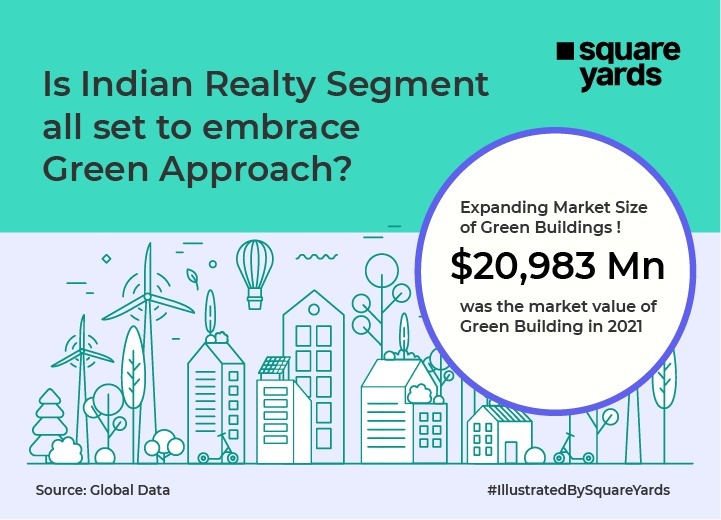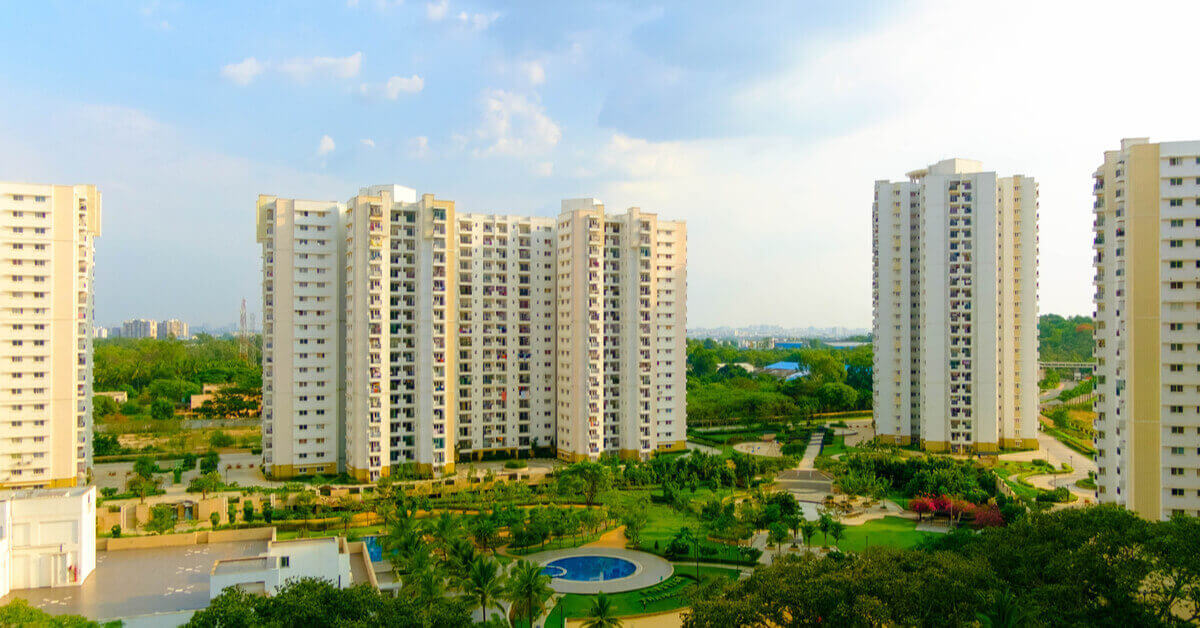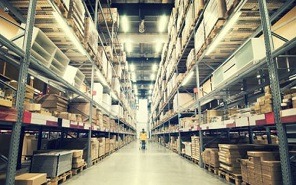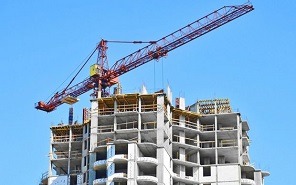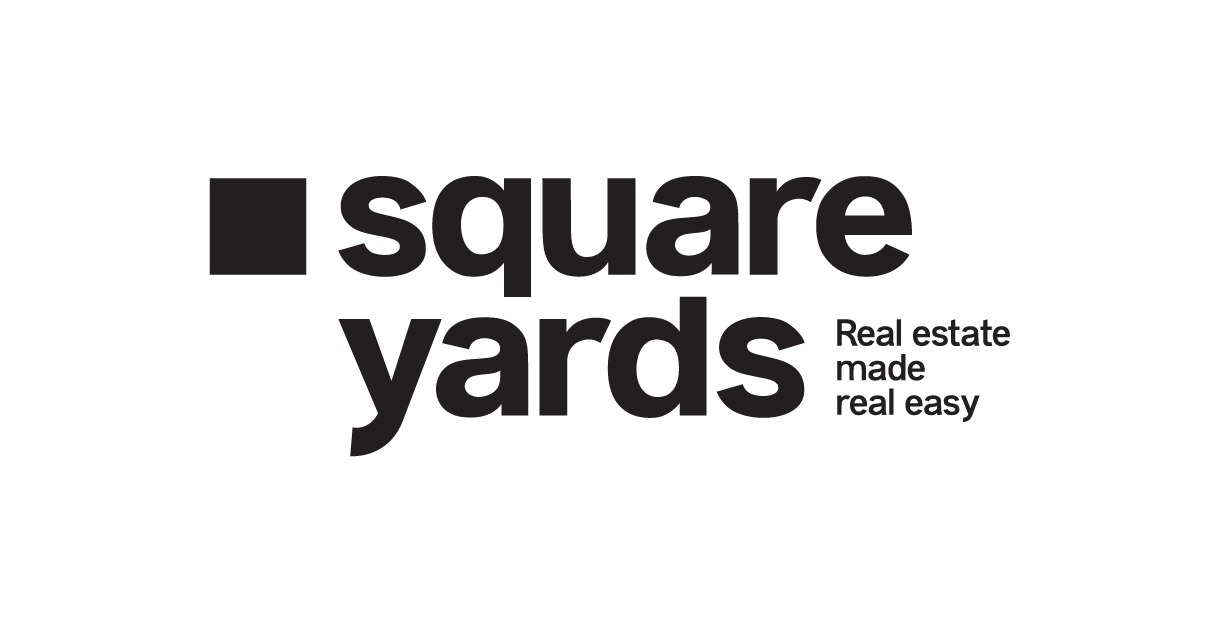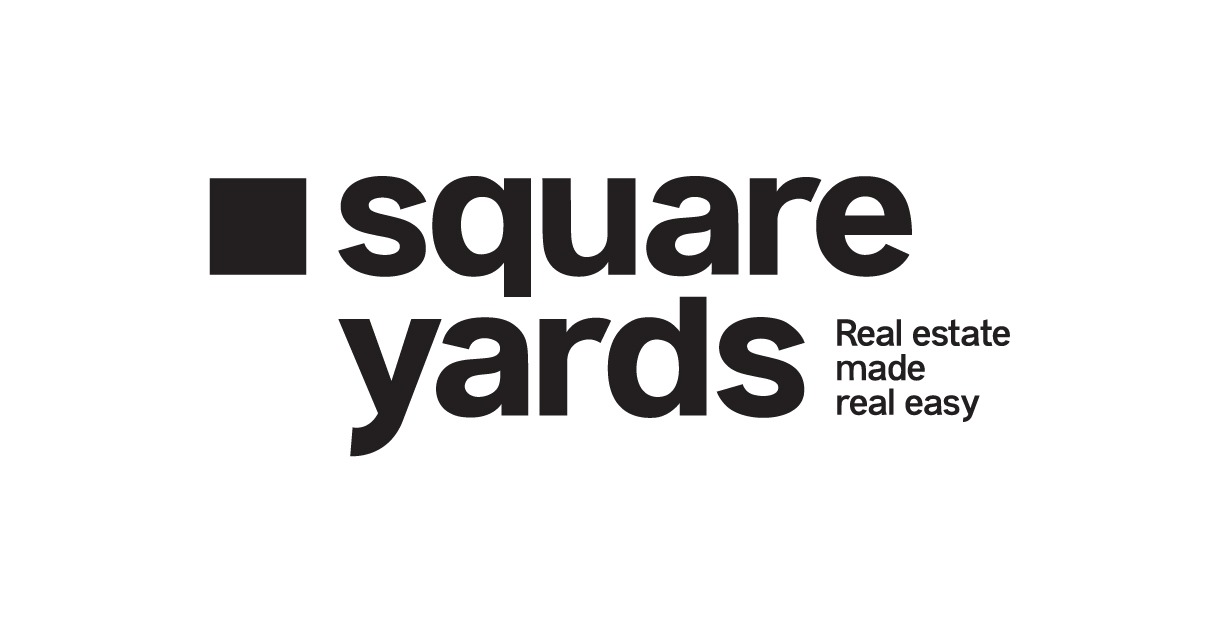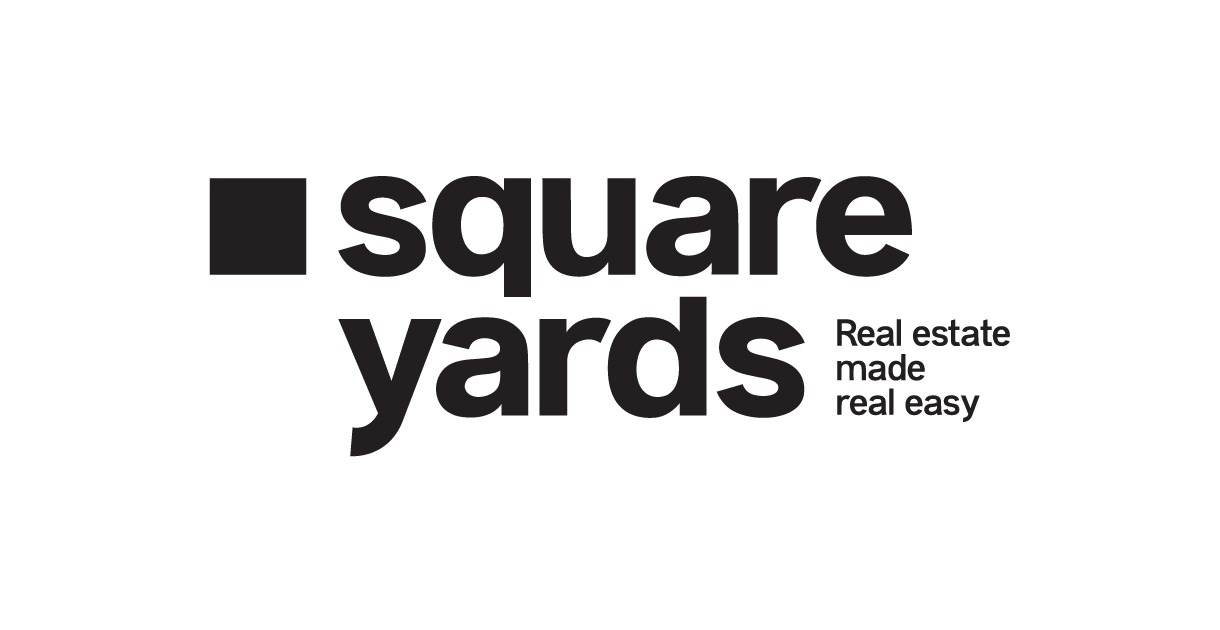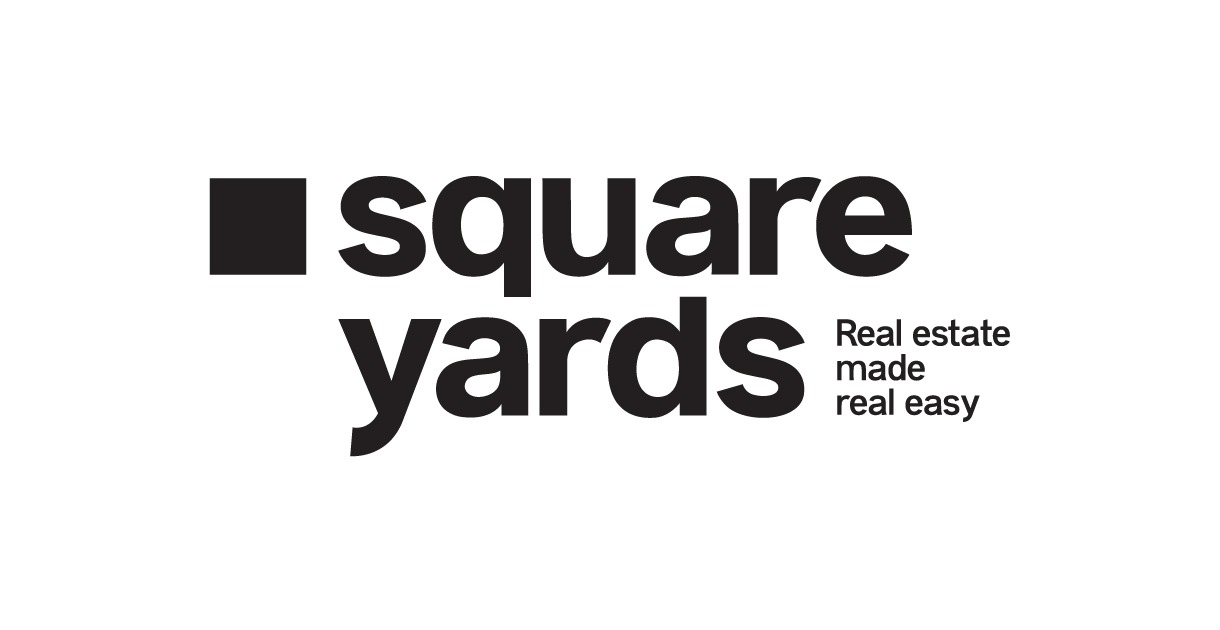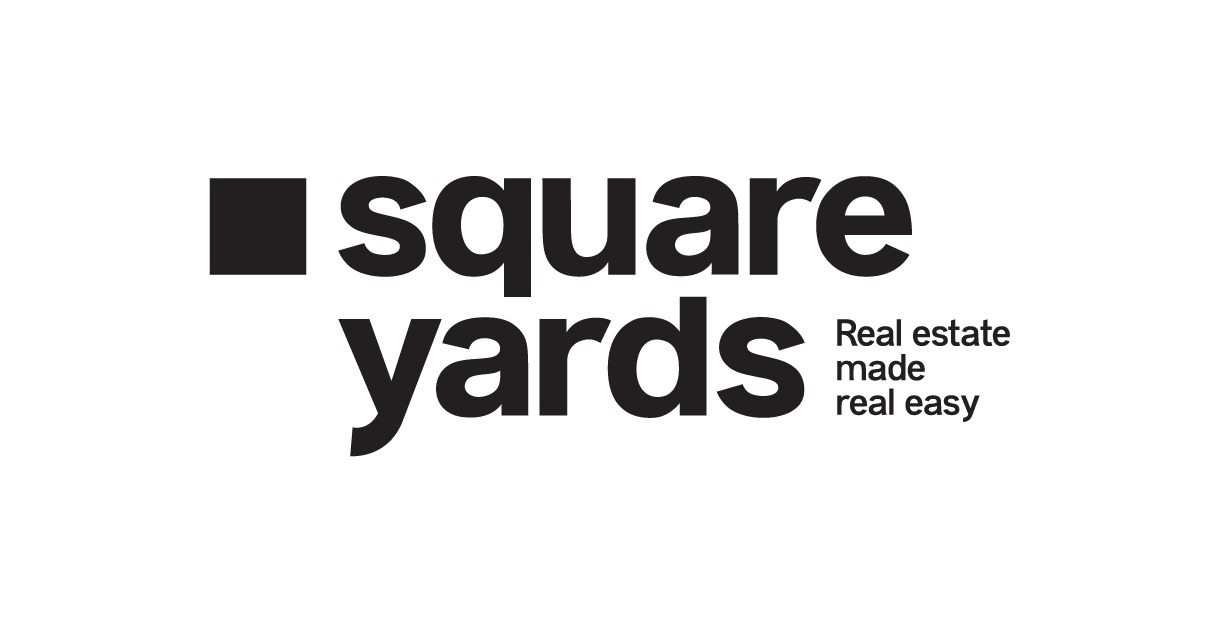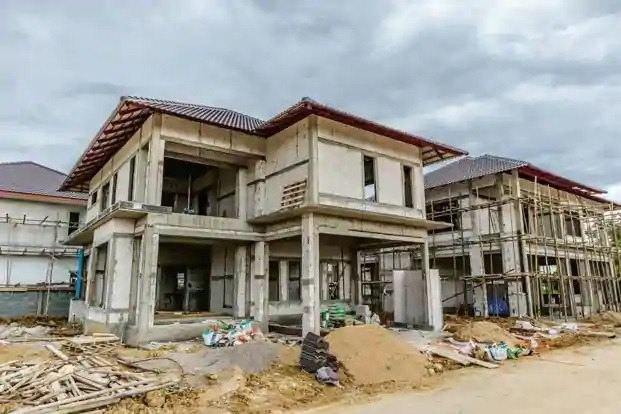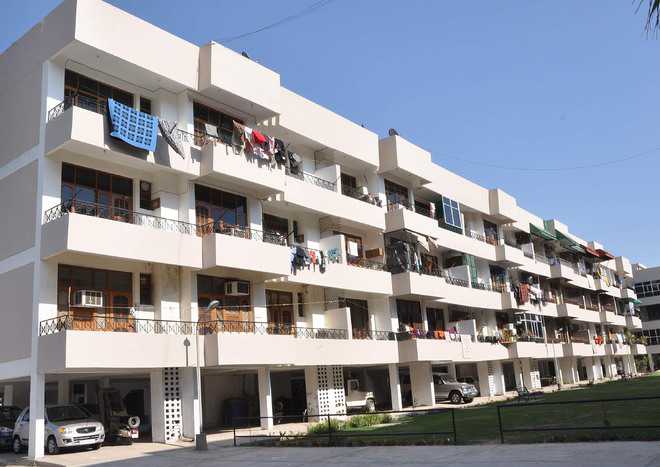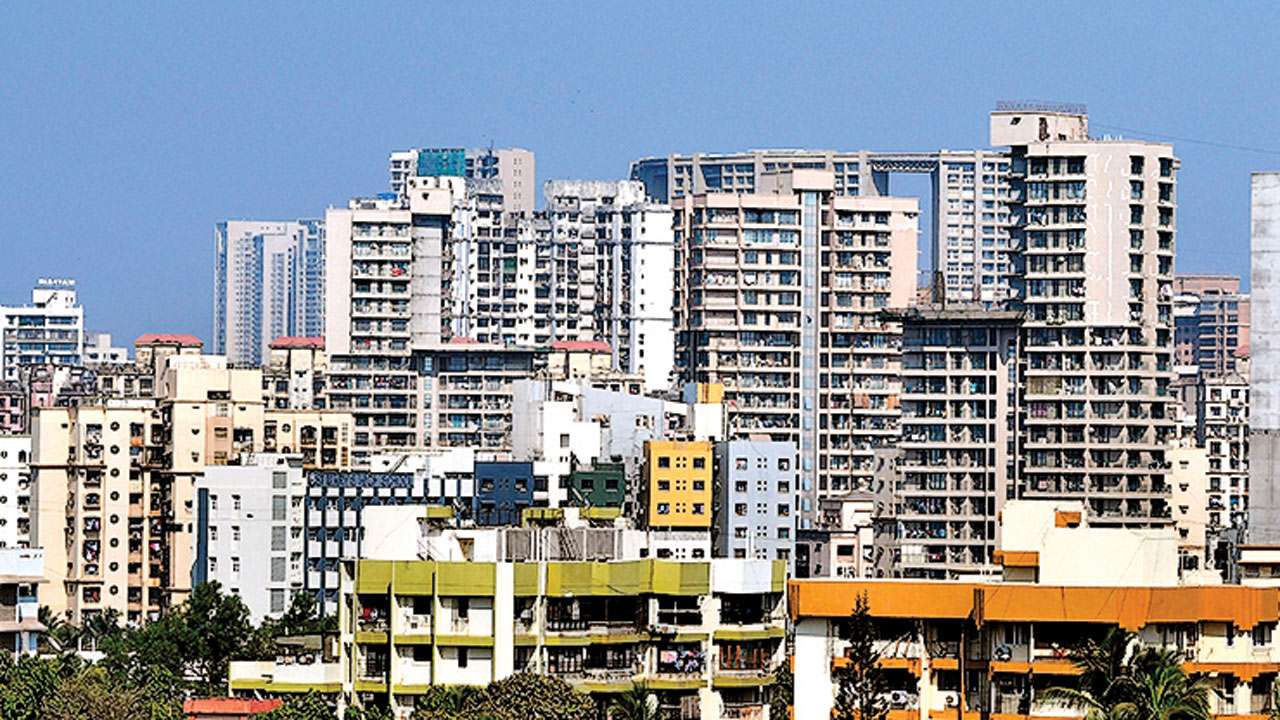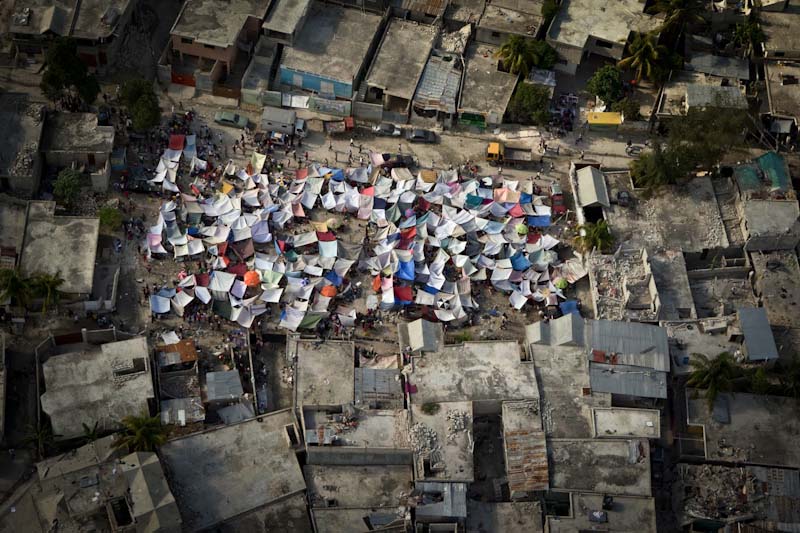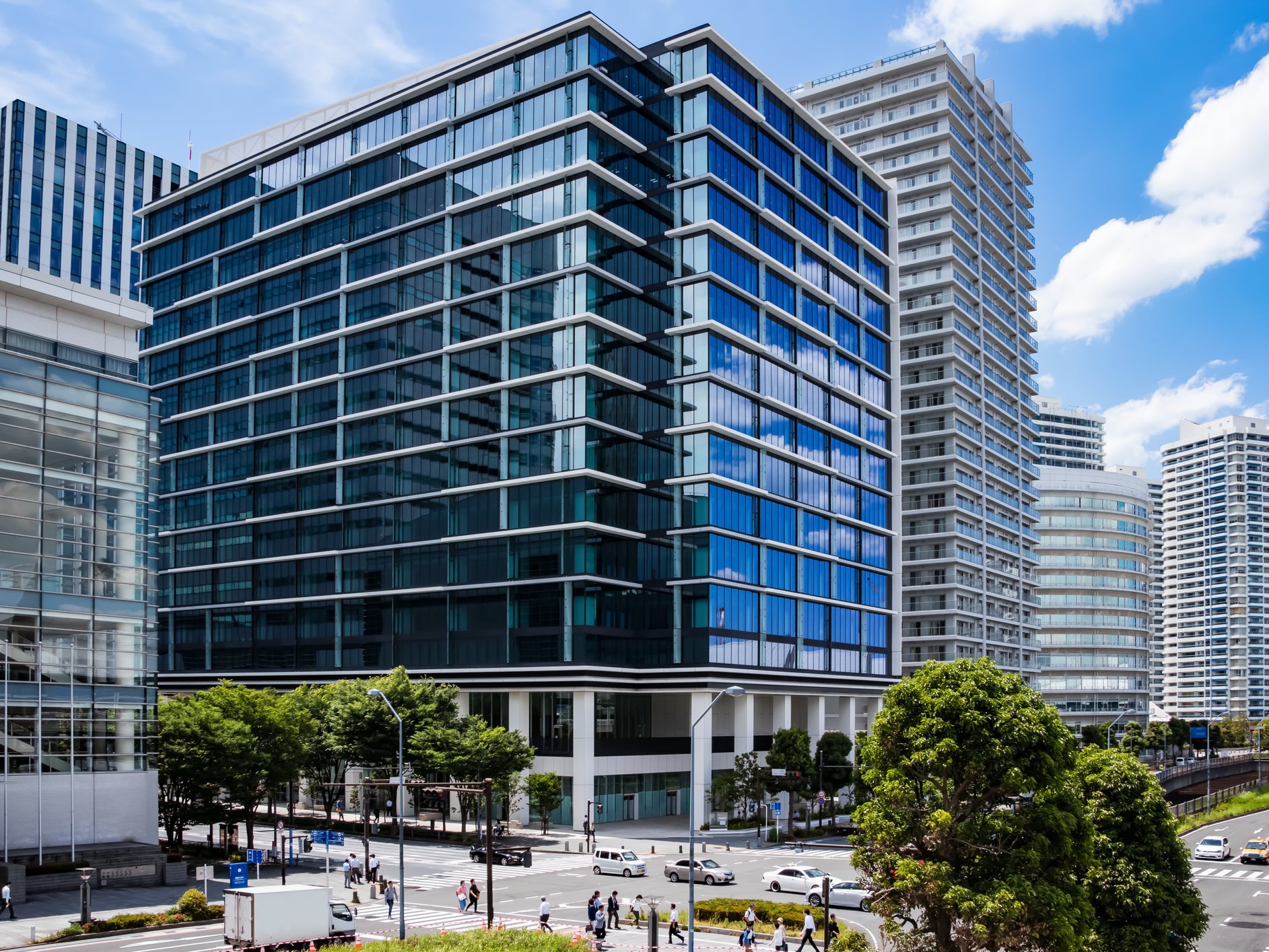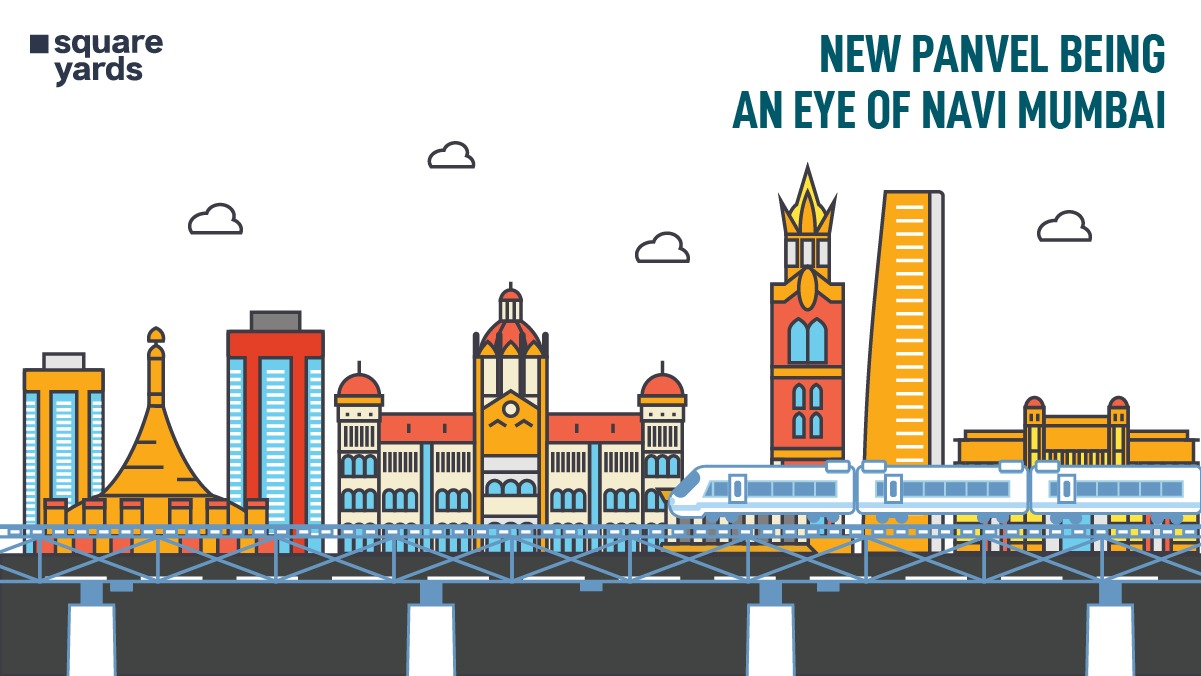Every year we celebrate how far we’ve come as a society. With rampant development, erecting tall structures, finding new ways to use electricity and existing energy resources that are depleting as things stand, we are doing everything that we aren’t supposed to do. Even after constant discussions about how the earth is slowly melting away, people pose the question- Is Climate Change real?
The impact of climate change on real estate is a pressing issue that warrants your attention. As our planet experiences rising temperatures, growing frequency and the sheer intensity of extreme weather events, and sea-level rise, the real estate industry finds itself at the forefront of significant challenges and potential opportunities. This article delves into the multifaceted effects of climate change on real estate and an attempt towards providing insight into how stakeholders can adapt and thrive in this evolving landscape.
Table of contents
Economic Disruptions Aiding Market Volatility
Climate change poses substantial economic risks to the real estate sector. From damage caused by hurricanes, floods, and wildfires to receding property values due to changing climate patterns, the industry must grapple with a range of financial uncertainties. The real estate torch bearers are required to make necessary adjustments in order to have some control over social, economic and regulatory changes in the field due to climate change. One of them could be the reallocation of capital. This would, over time, change the structure of the economy and the real estate industry of the specific area.
The most viable means to keep the market in place is retrofitting. Making sustainable changes in the existing infrastructure so as to make sure that there is no contribution towards further depletion of the environment and repercussions of climate change has minimal to no impact. It is imperative that this process of retrofitting takes place in accordance with local problems. For example, if high consumption of electricity is a problem, replace the fixtures with light-emitting diodes.
The Need to Rethink Urban Planning and Infrastructure
Climate change is reshaping the way we plan and develop our cities. Rising sea levels and unusually high threat of storm surges are pushing urban areas to reconsider their waterfront developments in coastal zones. The real estate industry, to meet this demand, has introduced innovative urban planning approaches prioritising sustainable and resilient infrastructure. The likes of green building practices, adaptive design measures, and the integration of renewable energy systems.
Rising sea levels, irregular weather patterns and the recent chain of earthquakes are major concerns for the destruction of property. History has shown that building walls never solved problems. Expecting that walls would withstand the rage of the waves is as good as watering a cactus in the Sahara. The solution to these problems has answers in the area itself. To protect the coastal properties, introduce salt marshes which can absorb water and are barricaded by logs made of coconut fibres or ledges made with rocks and oyster shell bags.
Insurance Challenges and Adaptation Strategies
The insurance industry faces unique challenges in the wake of climate change. Escalating property damage and an increasing number of extreme weather events have strained insurance providers, resulting in increased premiums and limited coverage options. The insurers are reevaluating risk assessment methodologies, promoting climate resilience measures, and fostering public-private partnerships to enhance the insurability of properties in high-risk areas.
It is expected that losses in property could increase by a whopping 60% by 2040. The insurance companies have already raised the premium amounts and there would be a steady increase of about 5-10% on the basis of the country’s economy. Many insurance companies do not cover certain costs.
Eyeing Emerging Investment Opportunities
While climate change presents substantial risks, it also brings with it new investment opportunities in the real estate sector. The drastically growing demand for sustainable and energy-efficient buildings, coupled with the rise of green technologies, has sparked a wave of environmentally conscious real estate development. Emerging trends such as green building certifications, eco-friendly retrofitting, and the integration of smart technologies, illustrate how investors can capitalise on the transition to a low-carbon economy.
Builders should assess the average emissions the building might release and start to work around it. Introducing green building facilities and installations to existing buildings and the new will be tempting for new investors.
see also – Is Consolidation the Future of the Indian Real Estate Market?
Health, Real Estate and Climate Change
The impact of climate change on health has already made itself vocal. An increase in lifestyle diseases, adulterated food, irregular climate and the results of natural disasters has colossal effects on health. One more such situation whose multiplication is breathtaking, quite literally is the problem of mould and dampness in homes. Rising sea levels, eventually leading to floods and water entering people’s homes and water damage due to incessant rain can cause water damage to buildings which will give rise to this mould problem.
The not so fun-gi, mould, thrives in damp, humid and warm climates. The very existence of mould in your home can cause an increase in 30-80% of health problems and a 30-50% increase in respiratory illness and asthma-related issues.
The solution to this problem? Constructing better homes with stronger structures, and retrofitting temporary fixes by replacing them with sustainable materials!
For Social Equity and Climate Justice
Climate change exacerbates social inequalities, with marginalised communities often bearing the brunt of its impact. The social equity implications of climate change on real estate are issues of affordability, displacement, and unequal access to resources. Such disasters further divide the gap between the rich and the poor, leading to inflation and causing serious financial stress. All of this results in decreased investments over a significant period of time. There are innovative solutions that promote inclusive and equitable development, such as community land trusts, affordable housing initiatives, and policies aimed at protecting vulnerable populations.
Preserve Climate While You Can!
As climate change relentlessly reshapes our environment, the real estate industry must proactively adapt to mitigate risks, embrace sustainable practices, and seize opportunities. By exploring the multifaceted impact of climate change in real estate, it can be concluded that there is a need to empower stakeholders with knowledge and insights helping them navigate this ever so evolving landscape, foster resilience, and contribute to a more sustainable future.












